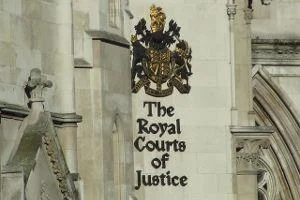FAQs
From the list below choose one of our FAQs topics, then select an FAQ to read. If you have a question which is not in this section, please contact us.
We can help you to get a fair financial settlement.
Negotiate a fair deal from £299

Helping you negotiate a fair financial settlement with your spouse (or their solicitor) without going to court.
Financial Mediation from £399

Financial mediation is a convenient and inexpensive way to agree on a fair financial settlement.
Consent Orders from £950

This legally binding agreement defines how assets (e.g. properties and pensions) are to be divided.
Court Support from £299

Support for people who have to go to court to get a fair divorce financial settlement without a solicitor.










